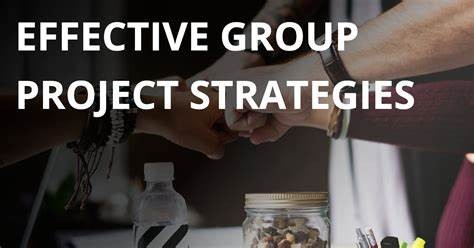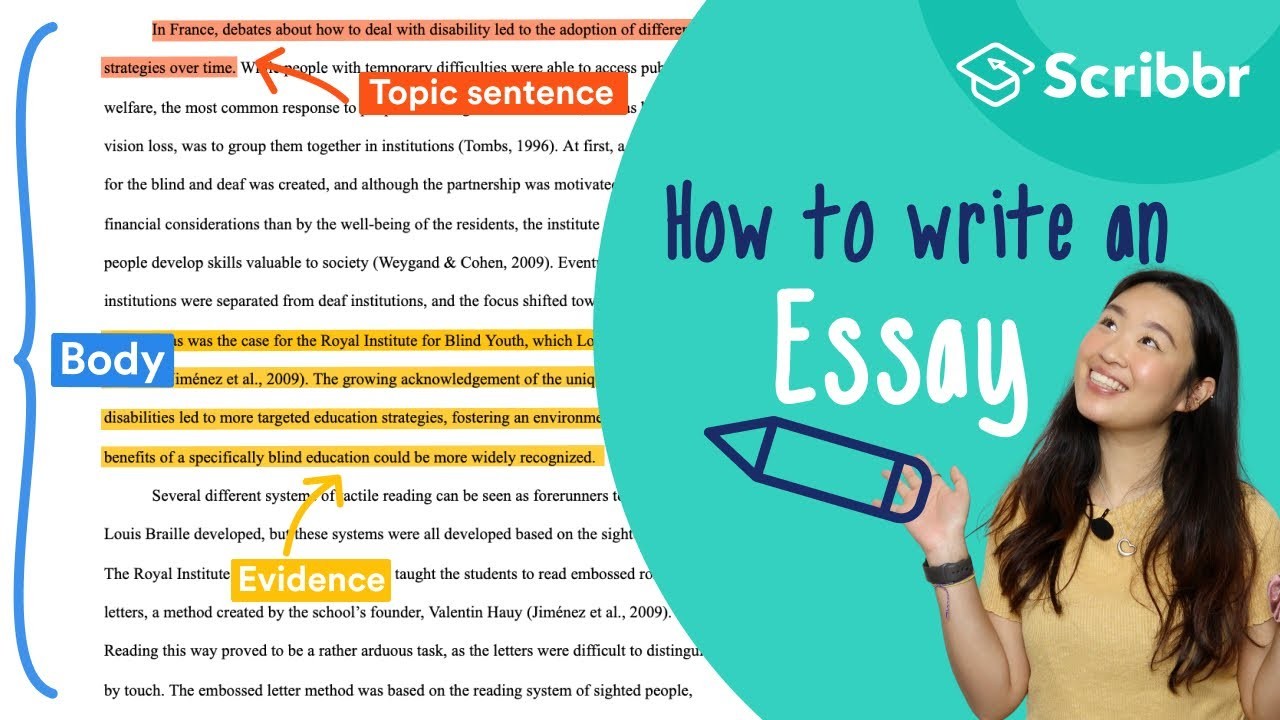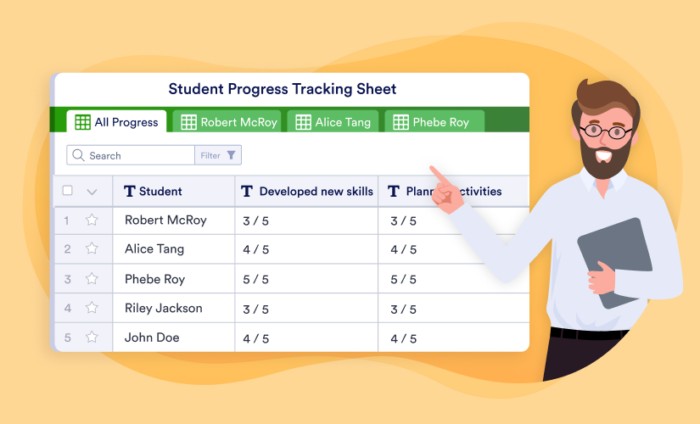In the evolving landscape of education and professional development, the concept of authentic assessment has gained significant traction. Unlike traditional evaluations that rely heavily on standardized tests or abstract metrics, authentic assessment focuses on real-world tasks that mirror the complexities and nuances of actual work. It’s a shift from measuring what people know to understanding how they apply that knowledge in meaningful contexts. For businesses, this approach offers a powerful lens through which to evaluate talent, foster growth, and align learning with strategic goals.
Authentic assessment is rooted in relevance. It asks whether the skills being measured are truly reflective of what’s needed in the workplace. A multiple-choice test might reveal whether someone can recall a concept, but it won’t show how they navigate ambiguity, collaborate with others, or solve problems under pressure. In contrast, an authentic assessment might involve designing a marketing campaign, analyzing a case study, or leading a simulated negotiation. These tasks require integration of knowledge, emotional intelligence, and critical thinking—qualities that are essential in today’s dynamic business environment.
One of the most compelling aspects of authentic assessment is its ability to reveal depth. When individuals engage in complex tasks, their strengths and gaps become more visible. It’s not just about getting the right answer; it’s about the process, the decisions made along the way, and the ability to adapt. This kind of insight is invaluable for managers and educators alike. It allows for more targeted feedback, more personalized development plans, and a clearer understanding of potential. In a business setting, this translates to smarter hiring, more effective training, and better succession planning.
Authentic assessment also enhances engagement. People are more motivated when they see the relevance of what they’re doing. A sales associate asked to role-play a customer interaction is likely to be more invested than one filling out a worksheet on sales theory. The immediacy and realism of the task create a sense of purpose. Learners feel that their efforts matter, that they’re preparing for something tangible. This emotional connection boosts retention and encourages deeper learning. It’s not just about checking a box—it’s about building capability.
Technology has expanded the possibilities for authentic assessment. Digital platforms can simulate complex environments, track decision-making, and provide rich feedback. Virtual reality, for instance, can immerse learners in lifelike scenarios, from emergency response to leadership challenges. AI-driven tools can analyze performance patterns and offer personalized insights. These innovations make authentic assessment more scalable and accessible, allowing organizations to evaluate skills in ways that were previously impractical. But the core principle remains the same: assess what matters, in ways that matter.
Authentic assessment also fosters a culture of reflection. Because the tasks are complex and open-ended, they invite learners to think critically about their performance. What worked? What didn’t? What would they do differently next time? This reflective practice is a cornerstone of continuous improvement. It encourages humility, curiosity, and resilience—traits that are essential in any high-performing team. When reflection is built into the assessment process, learning becomes iterative rather than episodic. It’s not a one-time event but an ongoing journey.
For businesses, adopting authentic assessment requires a mindset shift. It means moving away from rigid rubrics and toward more holistic evaluation. It means trusting the process, even when the outcomes are messy or unexpected. It also means investing in the design of meaningful tasks—ones that reflect the complexity of the roles being assessed. This might involve cross-functional collaboration, input from subject matter experts, and a willingness to experiment. But the payoff is substantial. Organizations that embrace authentic assessment are better equipped to identify talent, nurture growth, and build teams that are ready for real-world challenges.
Authentic assessment also aligns with the broader movement toward human-centered work. As businesses seek to become more inclusive, empathetic, and adaptive, their evaluation methods must evolve accordingly. Traditional assessments often favor certain learning styles or cultural norms, inadvertently excluding valuable perspectives. Authentic tasks, by contrast, allow for multiple approaches and interpretations. They honor diversity and encourage creativity. They recognize that there’s more than one way to be effective, and that success often depends on context and collaboration.
In a world where change is constant and complexity is the norm, the ability to assess performance authentically is not just a nice-to-have—it’s a strategic necessity. It enables businesses to move beyond surface-level metrics and engage with the deeper dimensions of capability. It supports learning that is relevant, engaging, and transformative. And it helps build organizations that are not only skilled but also self-aware, resilient, and ready to grow. The power of authentic assessment lies in its ability to connect learning with life, evaluation with evolution, and performance with purpose. That’s a power worth harnessing.




